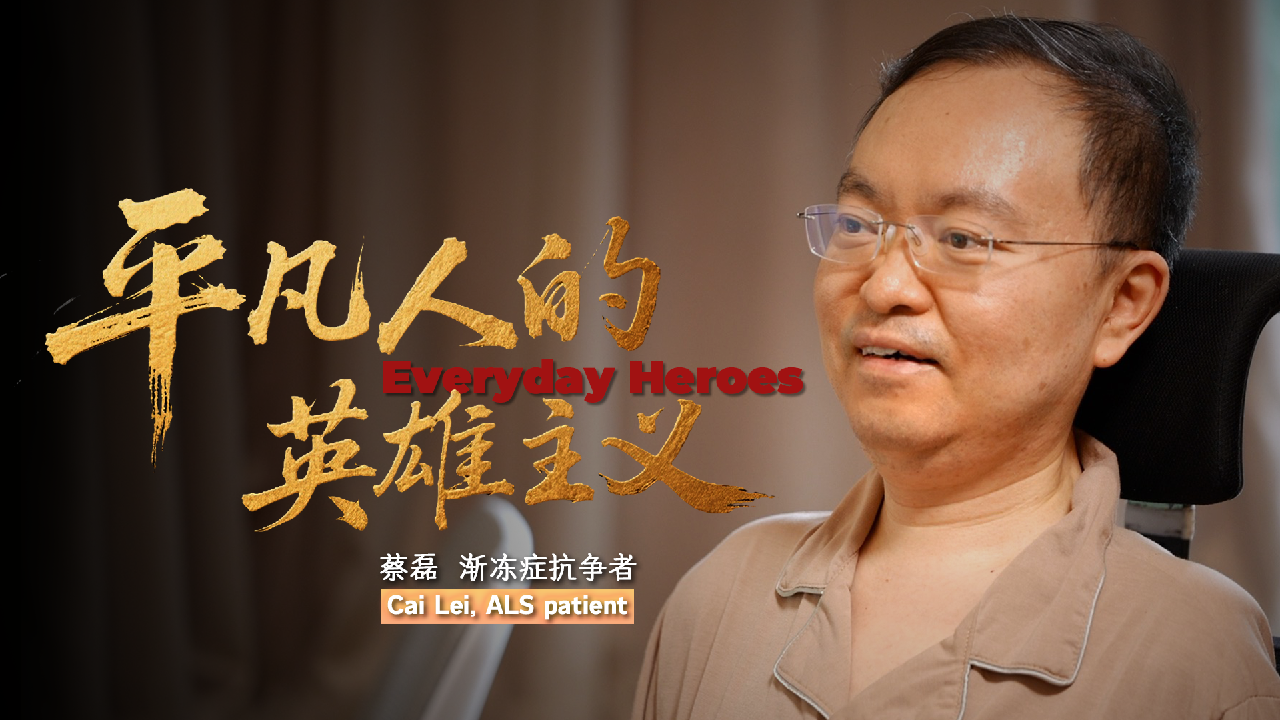Italy's Moon-Rice Project: Advancing Space Agriculture

The recent announcement from the Italian Space Agency regarding their 'Moon-Rice' project is a significant leap forward in addressing one of the most pressing challenges of space exploration: food sustainability. In an era where interplanetary missions are becoming more feasible, the ability to cultivate food in extraterrestrial environments is no longer just hypothetical; it is becoming a necessity. The intersection of agriculture and space science not only captivates public interest but is crucial for the long-term viability of human life beyond Earth.
The 'Moon-Rice' initiative focuses on growing ultra-dwarf rice varieties, measuring less than 10 centimeters, specifically adapted for the harsh conditions of space. Traditional rice varieties are too large for such an environment and fail to meet the nutritional and psychological needs of astronauts. This project aims to harness genetic mutations to create these compact rice plants while investigating critical genetic markers that influence yield, growth efficiency, and nutritional value, especially the protein content of the grains. By growing plants aboard spacecraft or lunar bases, missions can reduce reliance on Earth's food supplies, ensuring fresher produce and contributing to the diet diversity that's essential for astronauts' well-being.
This development aligns with broader trends in both space exploration and agricultural technology. As we look toward missions to Mars and beyond, the ability to produce food in space is as vital as developing propulsion systems or habitats. The scientific community is increasingly recognizing that agriculture in microgravity presents unique challenges and opportunities. Innovations like 'Moon-Rice' could lead to breakthroughs that will not only support space missions but also enhance agricultural practices on Earth, especially in arid regions.
The takeaway from Italy's initiatives in space agriculture highlights a crucial future where our off-world endeavors are sustainable and self-sufficient. As we venture into new frontiers, the questions linger: What other food sources can be cultivated in space? And how will these developments shape our understanding of agriculture on Earth?
Read These Next

The Inspiring Journey of an ALS Fighter
Cai Lei, diagnosed with ALS, is innovating research funding and collaboration to advance treatments and raise awareness for the disease.

Fudan University’s Breakthrough in Alzheimer’s Screening
Fudan University's advancement in early Alzheimer's screening highlights the importance of AI in healthcare, promising early detection and revolutionized methods.

Breakthrough in Brain-Machine Interface Tech
A commentary on the recent advancements in brain-machine interface technology developed in Shanghai, focusing on its implications for communication in patients with speech disabilities and the broader impact on human-machine interaction.
